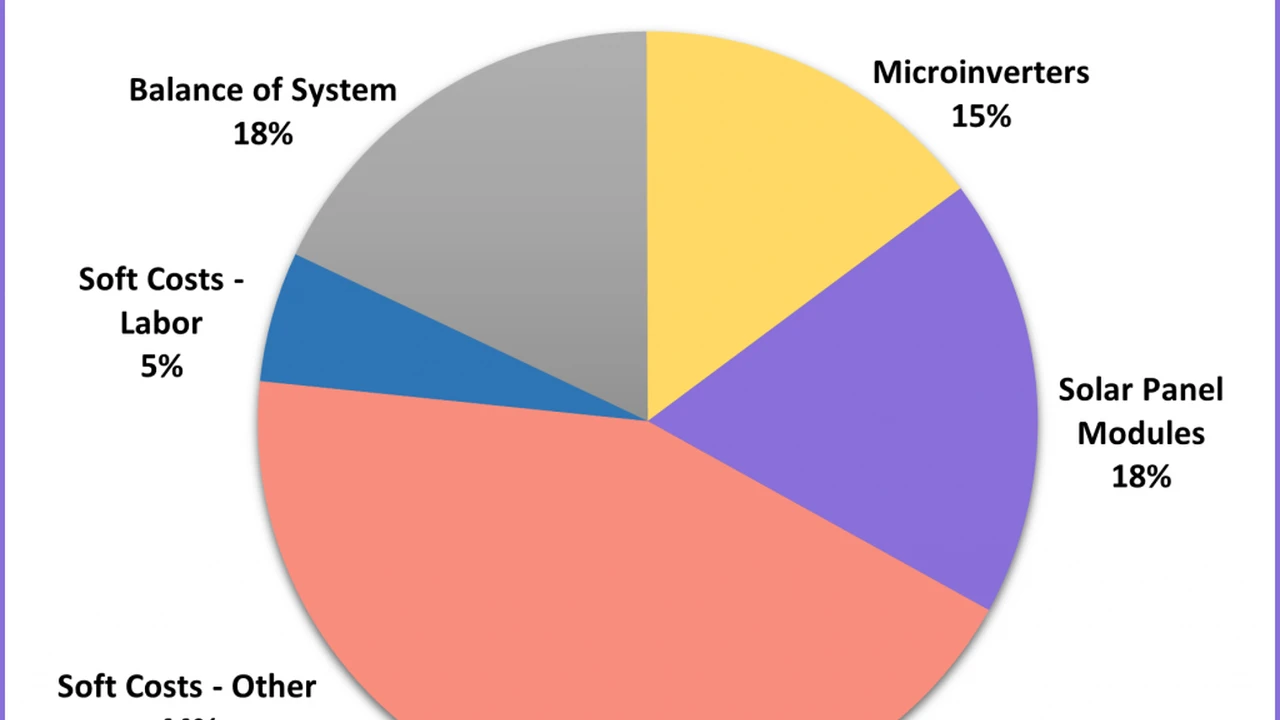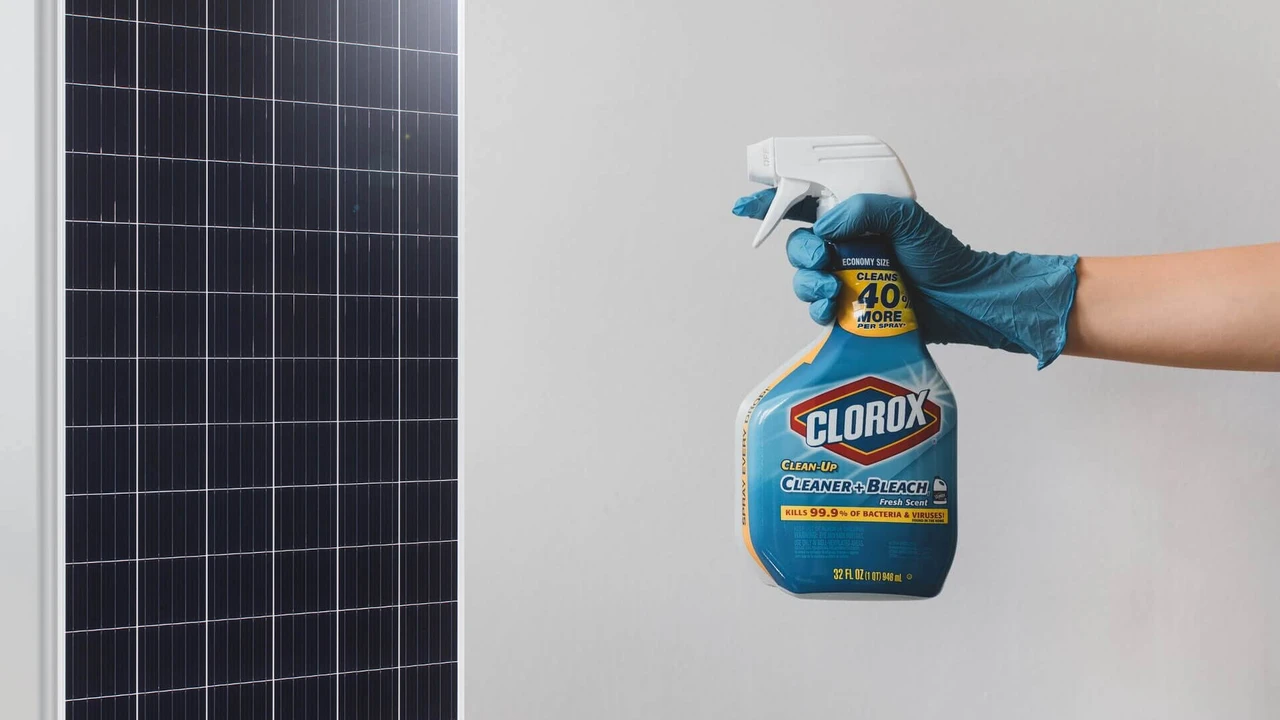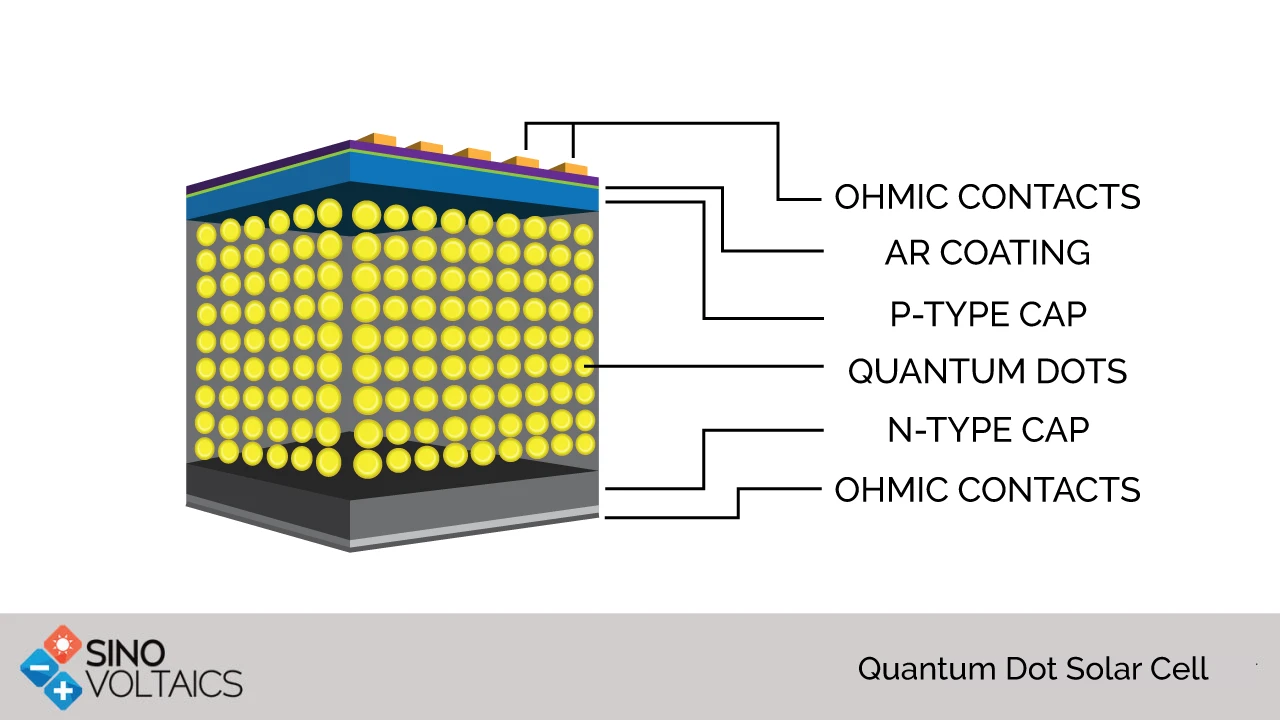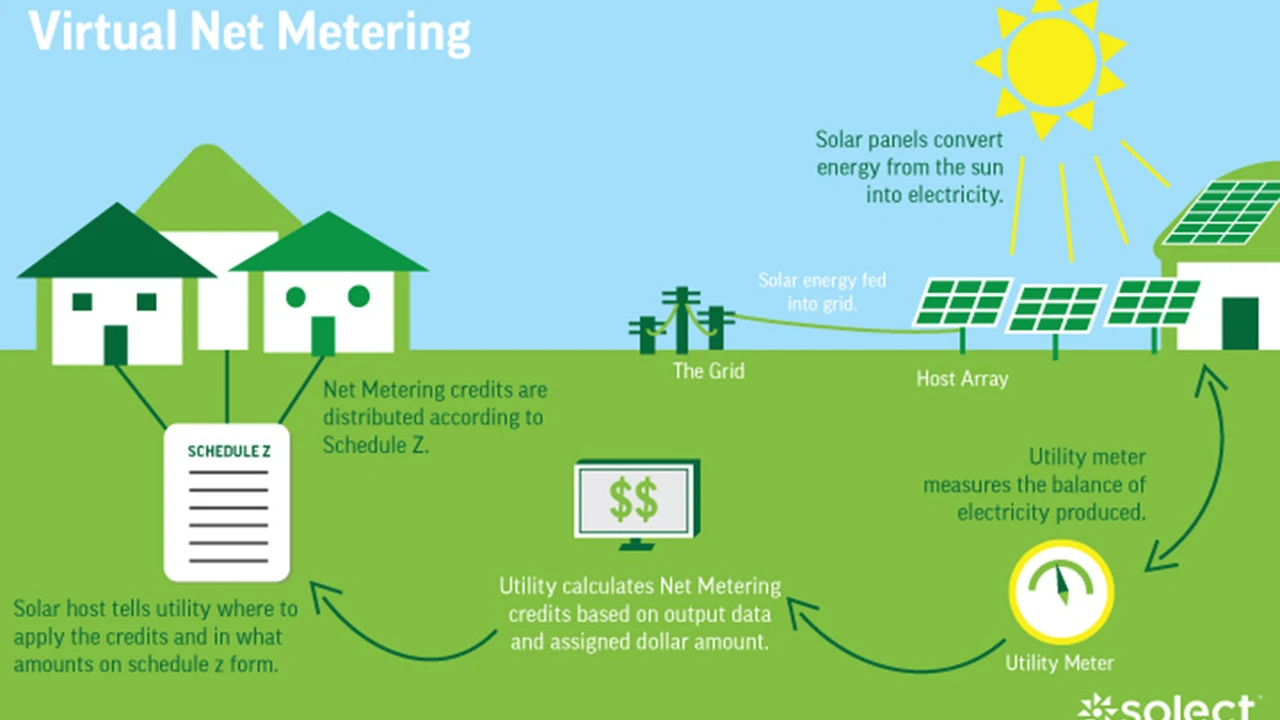What Are Solar Panels? A Beginner's Guide
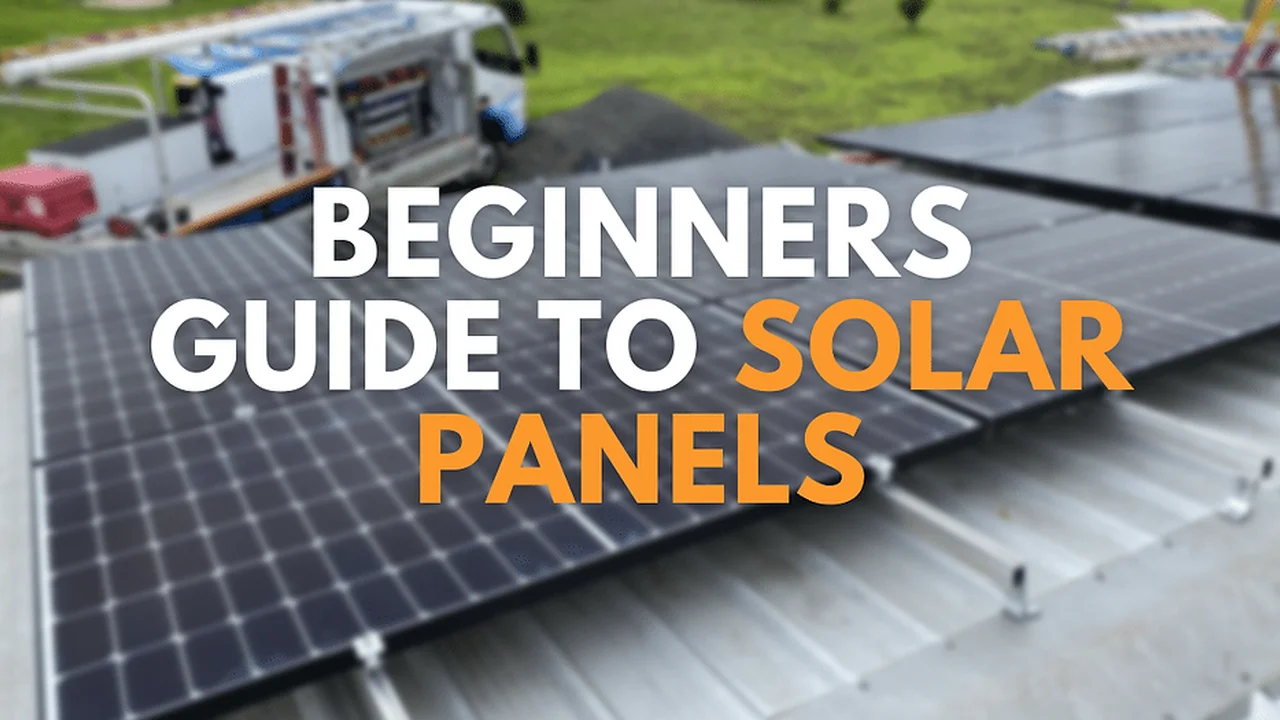
Understanding Solar Panel Basics and Technology
Hey there! Thinking about going solar? Awesome! It's a fantastic way to save money, help the environment, and even boost your home's value. But where do you even start? Don't worry, this guide is here to break down solar panels into easy-to-understand terms. We’ll cover everything from the fundamental technology to real-world applications and product recommendations. Let’s dive in!
What Exactly Are Solar Panels Made Of?
At their core, solar panels, also known as photovoltaic (PV) panels, are made up of many individual solar cells. These cells are typically made from silicon, the same material used in computer chips. Think of it like this: each cell is a tiny electricity generator. When sunlight hits the cell, it kicks electrons loose, creating an electrical current. This current is then collected and used to power your home or business.
The Science Behind Photovoltaic (PV) Effect
The process that makes solar panels work is called the photovoltaic effect. This effect was first observed way back in the 1800s, but it wasn't until the mid-20th century that we started using it to generate electricity. Basically, photons (particles of light) from the sun strike the silicon in the solar cell. These photons transfer their energy to electrons in the silicon, knocking them free. These free electrons then flow through an electrical circuit, creating electricity. Pretty cool, right?
Types of Solar Panels and Their Applications
Now that you know the basics, let’s talk about the different types of solar panels you might encounter. Each type has its own pros and cons, so it’s important to choose the right one for your specific needs.
Monocrystalline Solar Panels: The Premium Choice for Efficiency
Monocrystalline panels are made from a single crystal of silicon. This gives them a uniform appearance (usually black) and makes them the most efficient type of solar panel. They're also the most expensive, but their high efficiency means you can generate more power from a smaller area. If you have limited roof space, monocrystalline panels are a great option. Think of them as the luxury car of solar panels – high performance, sleek design, and a premium price tag.
Polycrystalline Solar Panels: A Cost-Effective Alternative
Polycrystalline panels are made from multiple silicon crystals. This gives them a slightly mottled, blue appearance. They're less efficient than monocrystalline panels, but they're also more affordable. Polycrystalline panels are a good choice if you're on a budget and have plenty of roof space. They're like the reliable sedan of solar panels – good value, dependable performance, and a reasonable price.
Thin-Film Solar Panels: Flexible and Versatile Options
Thin-film panels are made by depositing a thin layer of photovoltaic material onto a substrate, such as glass or flexible plastic. They're the least efficient type of solar panel, but they're also the most flexible and lightweight. Thin-film panels can be used in a variety of applications, such as solar shingles, portable solar chargers, and even clothing. They're like the SUV of solar panels – versatile, adaptable, and suitable for a wide range of uses.
Solar Panel Installation and System Components for Home Use
Okay, so you've chosen your panels. What's next? Let’s look at what's involved in installing a solar panel system.
The Key Components of a Solar Panel System
A complete solar panel system consists of more than just the panels themselves. You'll also need:
- Inverter: Converts the DC electricity generated by the panels into AC electricity that can be used by your home.
- Mounting System: Securely attaches the panels to your roof or ground.
- Wiring and Connectors: Connects all the components together.
- Monitoring System: Allows you to track your system's performance.
- Battery (Optional): Stores excess electricity for use when the sun isn't shining.
DIY vs. Professional Solar Panel Installation: Weighing the Options
You might be tempted to install your solar panels yourself to save money. While it's possible, it's generally recommended to hire a professional installer. Solar panel installation involves working with electricity and heights, so it can be dangerous if you're not experienced. A professional installer will also ensure that your system is installed correctly and meets all local codes and regulations.
Understanding Net Metering and Solar Incentives
One of the great things about solar panels is that you can often sell excess electricity back to the grid through a process called net metering. This can help you offset the cost of your electricity bill. Many states and local governments also offer incentives, such as tax credits and rebates, to encourage homeowners to go solar. Be sure to research the incentives available in your area.
Solar Panel Product Recommendations and Comparisons
Alright, let’s get down to specifics! Here are a few solar panel products I recommend, along with their pros, cons, and pricing.
REC Alpha Series: High Efficiency for Limited Space
Description: These monocrystalline panels are known for their exceptional efficiency and durability. They're a great choice if you have limited roof space and want to maximize your energy production.
Pros: High efficiency, long lifespan, excellent warranty.
Cons: Higher price point compared to other options.
Typical Use Case: Residential rooftops with limited space, commercial buildings.
Price: Approximately $3.00 - $3.50 per watt.
Panasonic EverVolt Series: Reliable Performance and Aesthetics
Description: Panasonic EverVolt panels are another excellent choice for residential installations. They offer a good balance of efficiency, reliability, and aesthetics.
Pros: Good efficiency, attractive design, comprehensive warranty.
Cons: Slightly less efficient than REC Alpha Series.
Typical Use Case: Residential rooftops, new construction projects.
Price: Approximately $2.80 - $3.30 per watt.
Canadian Solar HiKu Series: Cost-Effective and Versatile
Description: These polycrystalline panels offer a good balance of performance and affordability. They're a popular choice for homeowners who are looking for a cost-effective solar solution.
Pros: Affordable price, good performance, wide availability.
Cons: Lower efficiency compared to monocrystalline panels.
Typical Use Case: Residential rooftops, large-scale solar farms.
Price: Approximately $2.50 - $3.00 per watt.
Comparing Solar Panel Brands: A Quick Overview
Here's a table summarizing the key differences between these three brands:
| Brand | Panel Type | Efficiency | Price (per watt) | Best For |
|---|---|---|---|---|
| REC | Monocrystalline | High (20-22%) | $3.00 - $3.50 | Limited roof space, maximizing energy production |
| Panasonic | Monocrystalline | Good (19-21%) | $2.80 - $3.30 | Reliable performance, attractive design |
| Canadian Solar | Polycrystalline | Moderate (17-19%) | $2.50 - $3.00 | Cost-effective solutions, large-scale installations |
Understanding Solar Panel Costs and Return on Investment
Let’s talk money! How much will a solar panel system actually cost you, and how long will it take to pay for itself?
Factors Affecting Solar Panel System Costs
The cost of a solar panel system can vary depending on several factors, including:
- System Size: The larger the system, the more it will cost.
- Panel Type: Monocrystalline panels are generally more expensive than polycrystalline panels.
- Installation Costs: Labor costs can vary depending on your location and the complexity of the installation.
- Incentives: Tax credits and rebates can significantly reduce the overall cost.
Calculating Your Return on Investment (ROI)
To calculate your ROI, you'll need to consider the initial cost of the system, the amount of electricity you'll save each month, and any incentives you receive. A typical solar panel system can pay for itself in 5-10 years, after which you'll be generating free electricity for the rest of the system's lifespan.
Financing Options for Solar Panel Systems
If you don't have the cash to pay for a solar panel system upfront, there are several financing options available, including:
- Solar Loans: Loans specifically designed for financing solar panel systems.
- Home Equity Loans: Using the equity in your home to finance the system.
- Leases and Power Purchase Agreements (PPAs): Leasing the system or purchasing electricity from a third-party provider.
Maintaining Your Solar Panels for Optimal Performance
Once your solar panels are installed, it's important to maintain them properly to ensure they continue to perform optimally.
Regular Cleaning for Maximum Energy Production
Over time, dirt, dust, and debris can accumulate on your solar panels, reducing their efficiency. Regular cleaning can help to maximize your energy production. You can clean your panels yourself using a soft brush and water, or you can hire a professional cleaning service.
Monitoring System Performance and Troubleshooting Issues
Most solar panel systems come with a monitoring system that allows you to track their performance. If you notice a drop in energy production, it could be a sign of a problem. Common issues include shading, panel damage, and inverter malfunctions. Contact your installer or a qualified technician to troubleshoot any issues.
Extending the Lifespan of Your Solar Panels
Solar panels are built to last, with most manufacturers offering warranties of 25 years or more. To extend the lifespan of your panels, it's important to keep them clean, monitor their performance, and address any issues promptly.
Real-World Applications and Scenarios for Solar Panels
Solar panels aren't just for rooftops anymore! They're being used in a wide variety of applications.
Solar Panels for Residential Use: Powering Your Home
The most common application of solar panels is powering residential homes. Solar panels can provide electricity for all your household needs, from lighting and appliances to heating and cooling.
Solar Panels for Commercial Use: Reducing Business Expenses
Businesses can also benefit from solar panels by reducing their electricity bills and demonstrating their commitment to sustainability.
Off-Grid Solar Systems: Powering Remote Locations
Solar panels are an ideal solution for powering remote locations that are not connected to the grid. These off-grid systems typically include a battery to store energy for use when the sun isn't shining.
Portable Solar Chargers: Power on the Go
Portable solar chargers are a convenient way to power your electronic devices while you're on the go. These chargers typically feature a small solar panel that can be used to charge a battery, which can then be used to charge your phone, tablet, or other devices.
:max_bytes(150000):strip_icc()/277019-baked-pork-chops-with-cream-of-mushroom-soup-DDMFS-beauty-4x3-BG-7505-5762b731cf30447d9cbbbbbf387beafa.jpg)



